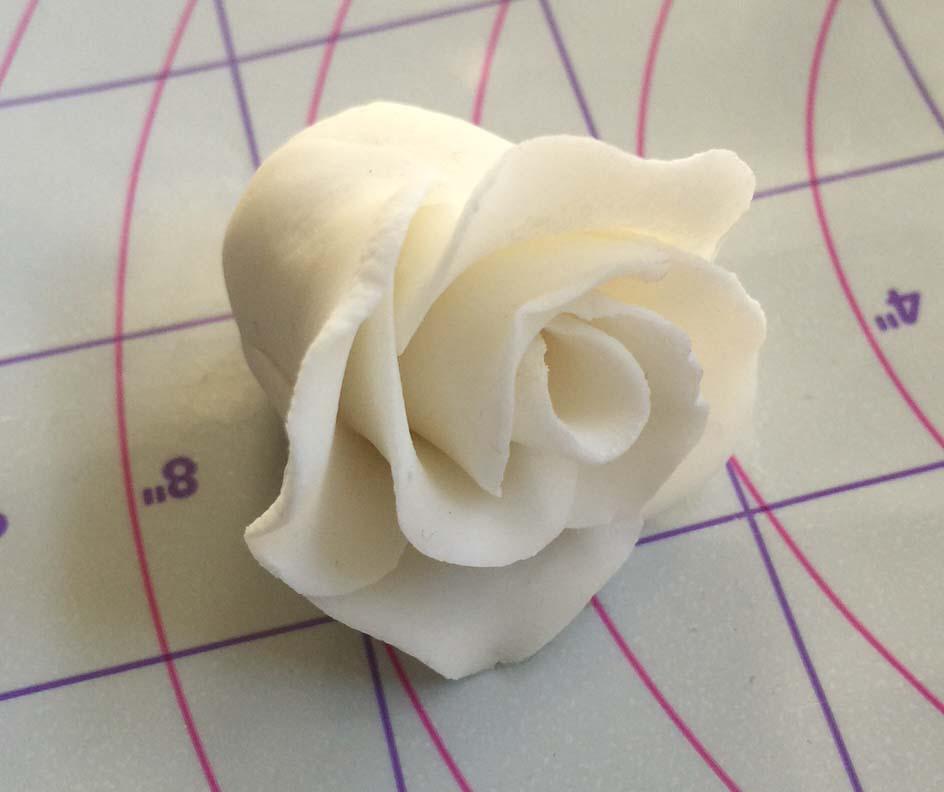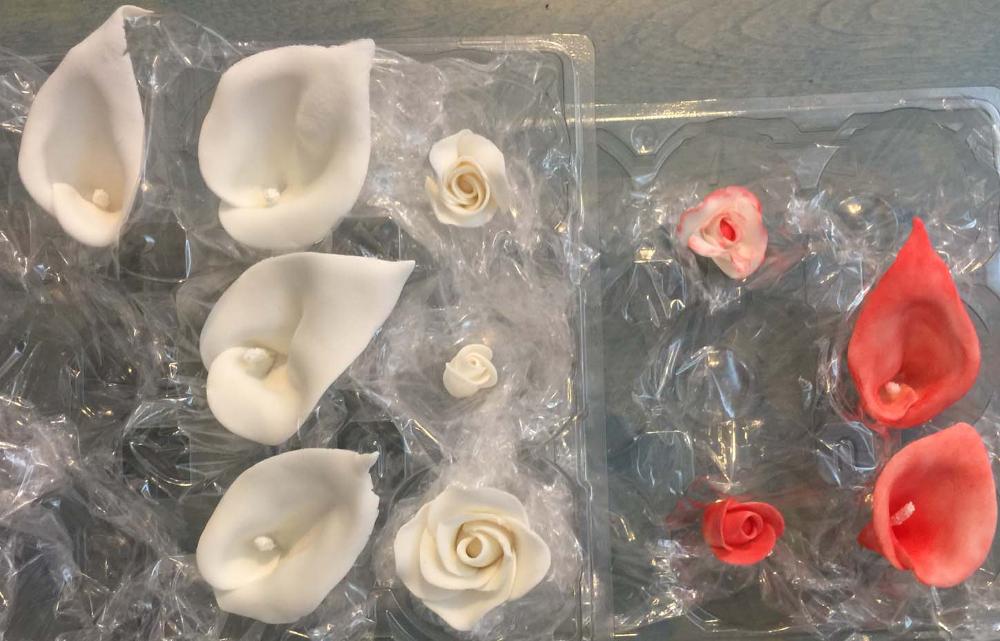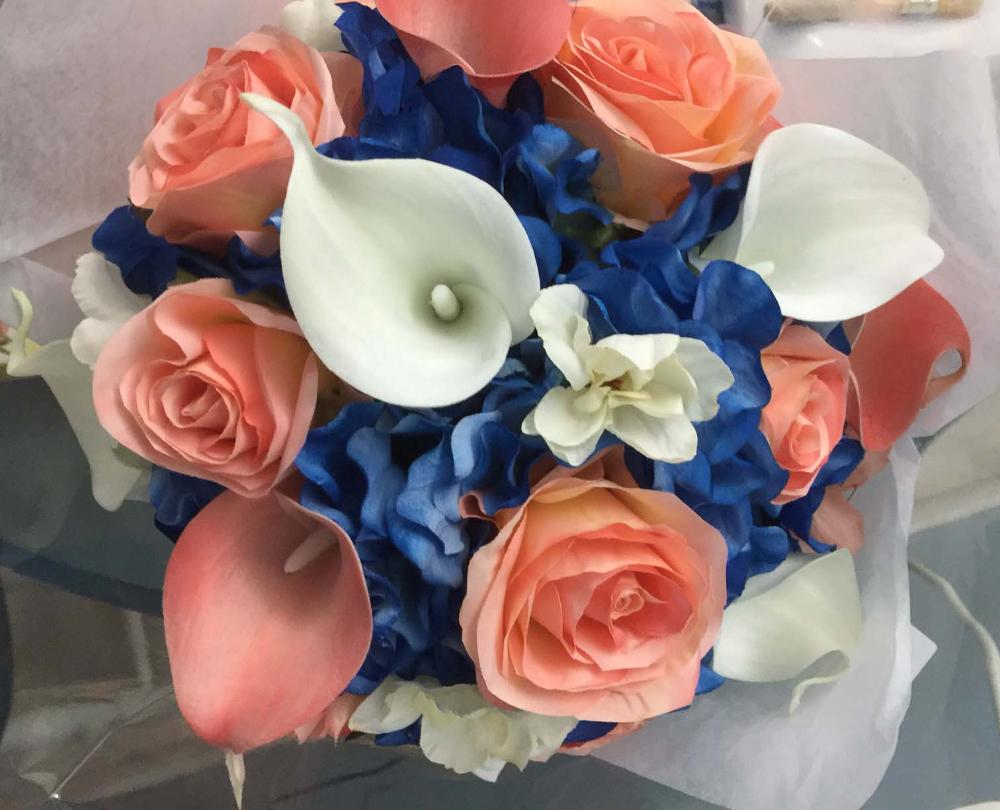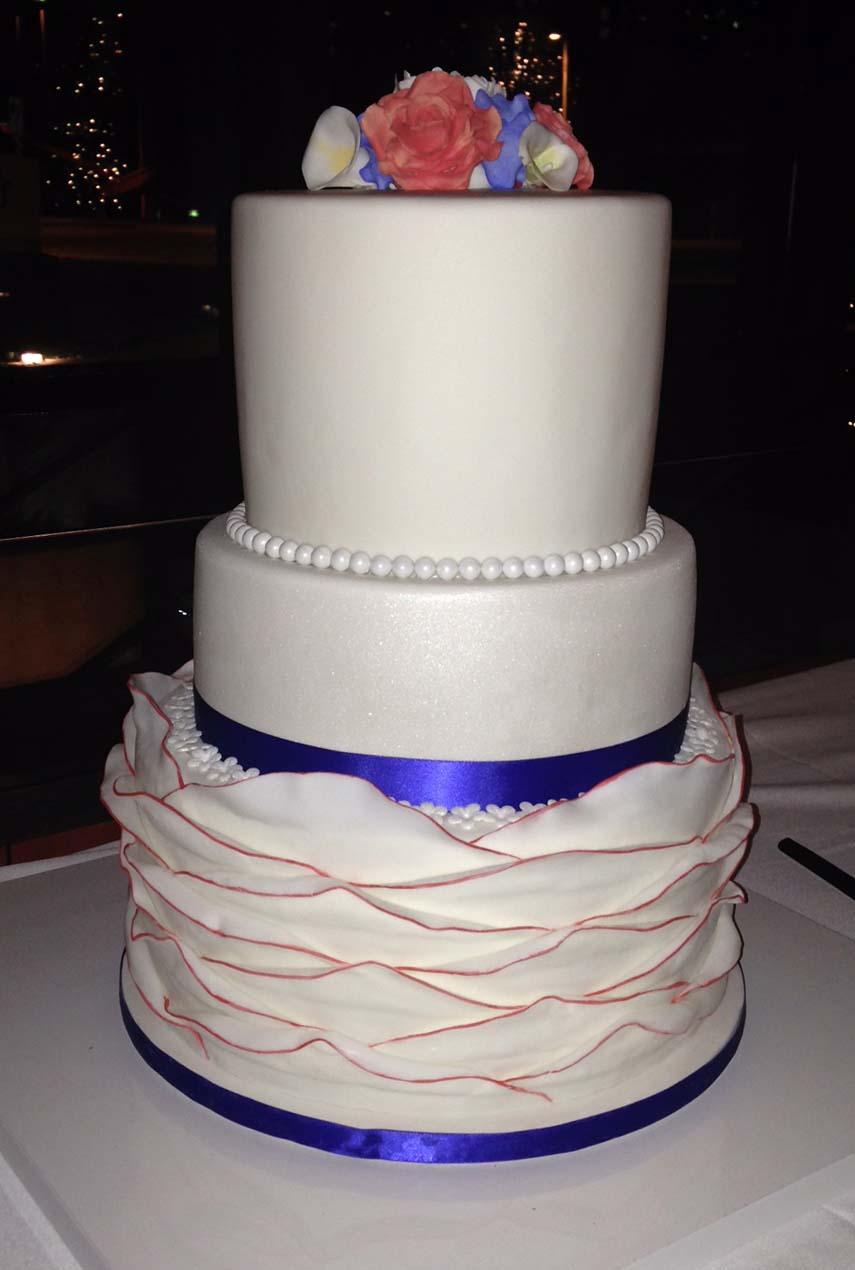AUTHOR: Dr. Kathryn Murphy
As a graduate student in a research focused program the thesis is the ultimate goal. Even before your first day in grad school everyone knows they will be embarking on the thesis journey. A journey that starts by picking a program and mentor and envisioning a beautiful research project. But the path to a thesis can quickly curve out of sight leaving you with questions and uncertainty about the direction to take.
When thinking about the process of creating a thesis I like the analogy of baking a wedding cake. It’s not for the faint of heart, it takes experience, knowledge, lots of skill and most of all the creativity to dream up something new. A unique, big cake is the goal of all wedding cake designers, just like a unique idea about a big research question is the goal for your thesis.

The wedding cake designer has to combine the science of making a cake, the understanding of what the client wants on that very special day and the creativity to design an amazing cake. This is not too different from what we do as scientists when we start a new project -- we need to understand the theory, identify the questions that need answering, and then use our creativity to design experiments that will lead us to novel answers.
We do not need to look far to get insights into how a baker uses design thinking to create a wow wedding cake. Our very own program coordinator is also a baker. Sandra loves baking and has applied that passion to learn the skills to become an expert baker capable of making a knock-your-socks-off wedding cake.
The path to making a wedding cake has many parallels with research. It starts with the burning desire to bake, the joy of taking a cake you made out of the oven, and then sharing that creation with friends and family.
Baking is not like other types of cooking, it requires precision, down to the gram when measuring flour, the exact temperature and timing in the oven. It needs the attention to detail and organization that scientists use everyday, otherwise what comes out of the oven will be half-baked.
Sandra learned how to make a wedding cake the hard way. She did it by taking courses and then baking. Lots and lots of baking. Her path to become an expert cake baker is paved with cupcakes. After all, cupcakes are just mini cakes. It’s easy for a cake baker to have an idea for a batch of cupcakes, a new cake recipe to test or a decoration to try, then whip up the cupcakes in an afternoon and share them.

Sandra's enthusiasm for baking was rewarded as her ideas for new cakes or decorations were quickly tested. Her skills also developed both the knowledge about cake recipes and the creativity to make new cake decorations.
This process of starting with a cupcake is similar to how successful designers work when creating a new product or how scientists start tackling new questions. We start with a small but complete experiment, we improve our skills in the lab and exercise our ability to think about new research ideas. Of course we have all been caught in the trap of getting too excited about our amazing new idea. As a grad student it is tempting to see it all and plan out each step of your thesis only to have it crash and burn when a technique does not work or that brilliant hypothesis is not supported.

Sandra started with delicious cupcakes before moving on to amazing birthdays cakes and ultimately wow wedding cakes. She took everything she learned making cupcakes, what makes a great cake and cool decorations, to the next level. She unleashed her decorating prowess and creativity on the birthday cakes before taking on a wedding cake. Her first wedding cake creation was mine and her recent creation was for two MiNDS grads -- Josh and Alison.

Start with a cupcake -- you'll be surprised where it can take you.